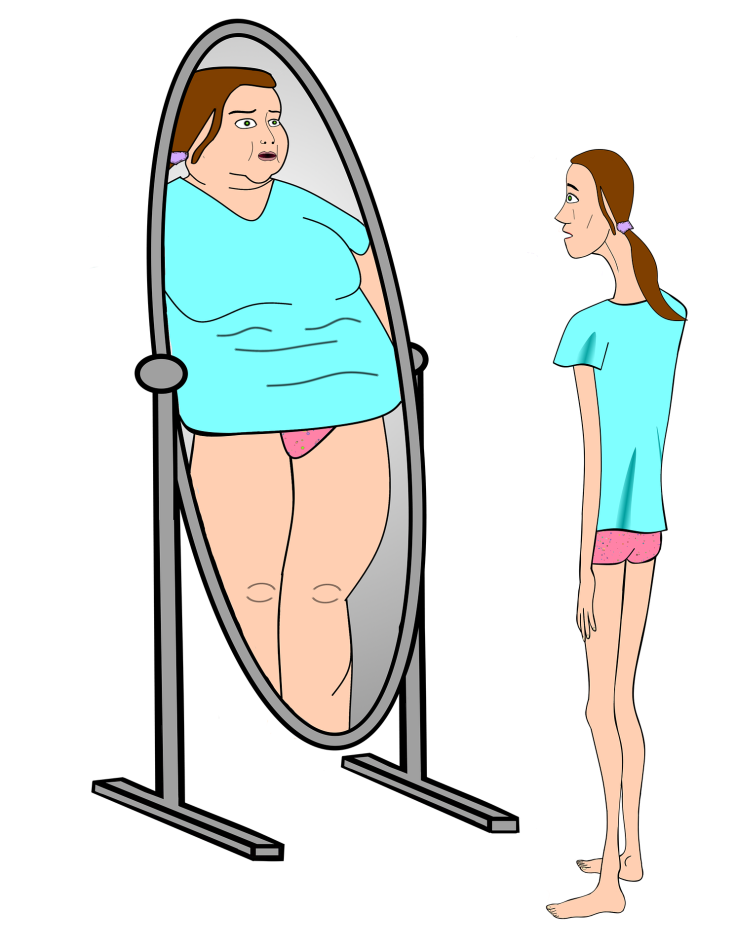Vomiting After Bingeing? Beware Of These 5 Types of Eating Disorders

If you think you’re suffering from an eating disorder, you are not alone. The National Association of Anorexia Nervosa and Associated Disorders estimate that about 10% of the population suffers from some sort of eating disorder.
And as per the Diagnostic & Statistical Manual of Mental Disorders, the following are the five different categories of eating disorders:
1. Anorexia Nervosa- It is a serious psychological condition and a potentially fatal eating disorder that involves refusing to eat, restricting one’s own calorie intake, and restricting certain types of food. Some individuals with this eating disorder also tend to exercise compulsively, purge by vomiting or using laxatives, and also sometimes binge eat. It is most common among adolescents, but an increasing number of kids and older adults are also being diagnosed with it.
2. Bulimia Nervosa- This serious eating disorder involves a cycle of bingeing and compensatory acts like vomiting. Individuals with this disorder are reported to have recurrent episodes of binge eating and they lack control over eating during an episode of binge eating. Recurrent inappropriate compensatory acts to prevent weight gain such as using laxatives, diuretics, inducing vomiting or fasting are common signs of this disorder.
3. Binge Eating Disorder- This is a severe, life-threatening but treatable eating disorder depicted by recurrent episodes of eating a large portion of food and being unable to control themselves during bingeing. It is one of the newest eating disorders recognized. Individuals diagnosed with this disorder eat in a discrete period of time and a definitely large amount of food and lack control over what and how much they are eating.
4. Avoid Restrictive Food Intake Disorder (ARFID)- This new diagnosis of an eating disorder is similar to anorexia but differs from it in such a way that ARFID does not involve any distress about one’s body, shape/size or fears of fatness. Although several kids go through phases of picky eating, a person with ARFID doesn’t consume enough calories to grow and develop normally.
5. Other Specified or Eating Disorder (OSFED)- Earlier known as EDNOS (Eating Disorder Not Otherwise Specified) is also a serious, life-threatening and treatable eating disorder that encompasses people who did not meet strict diagnostic criteria for anorexia nervosa or bulimia nervosa but still had a significant eating disorder. Some examples of OSFED include Night eating syndrome, purging disorder, bulimia nervosa, and binge eating disorder or lower frequencies.
© Copyright IBTimes 2024. All rights reserved.






















